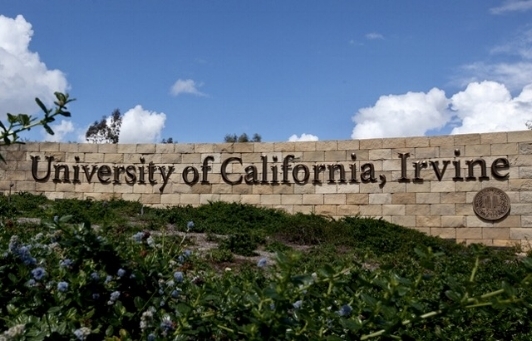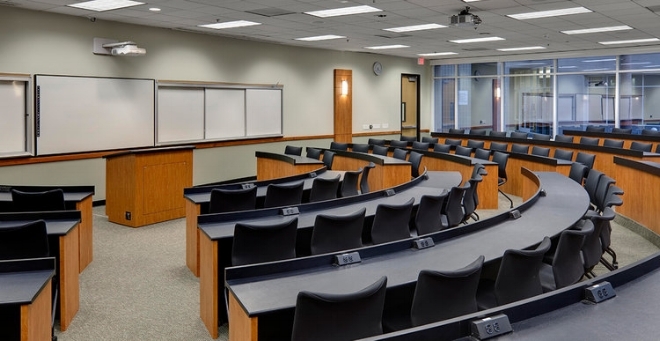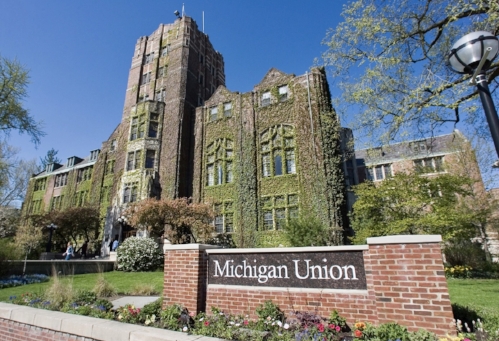teaching
My pedagogy
My pedagogical aims are threefold. First, I want to develop students’ ability to think critically about the ideas they encounter—maturing their capacity not just to absorb and regurgitate new information, but to question, challenge and apply that information to different contexts.
Second, I want to develop students’ cultural competence. I aim to expand their willingness to step outside of their own experiences and take on the lens of perspective adhered to by people with experiences, values and opportunities distinct from their own. I push my students to consider how institutions, ideologies and individuals confer differing levels of power, status and agency on various social groups. And I invite them to consider how they can leverage their knowledge and influence to disrupt imbalances in the distribution of power, in the U.S. and beyond.
Third, I attempt to cultivate student’s civic engagement. I want people to leave my classroom with a greater awareness of their agency to affect change, through leveraging their insight and experience to enhance their peers’ perspectives in the home, the classroom, on the job and in social spaces.
To accomplish these aims, I rely on some of the tools I learned as a graduate student instructor at the University of Michigan’s Program for Intergroup Relations (igr). This includes assigning introspective activities such as the Social Identity Matrix and the Race/Ethnic Identity timeline. I also employ role play exercises to put students in the shoes of policy makers and actors addressing pressing political problems. I facilitate paired student discussions utilizing generative listening techniques. Finally, I use storytelling as pedagogy techniques, which are resonant with the lived experiences of diverse students. I strive to disrupt the traditional teacher-student model in order to move students from passive recipient of information to partner in the collective processes of learning and teaching.



